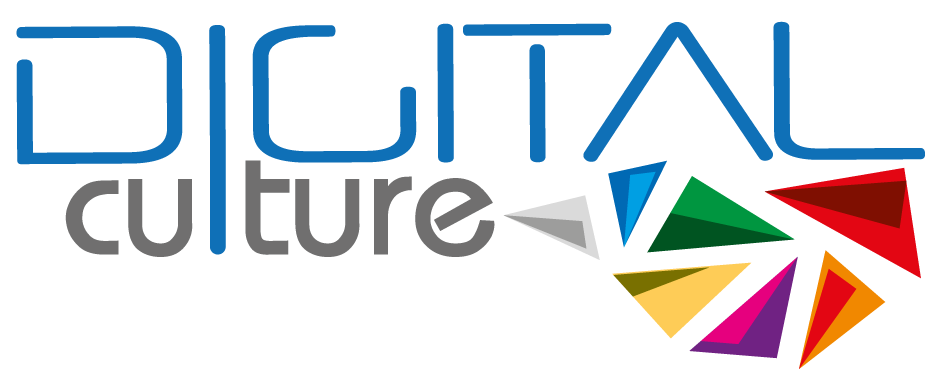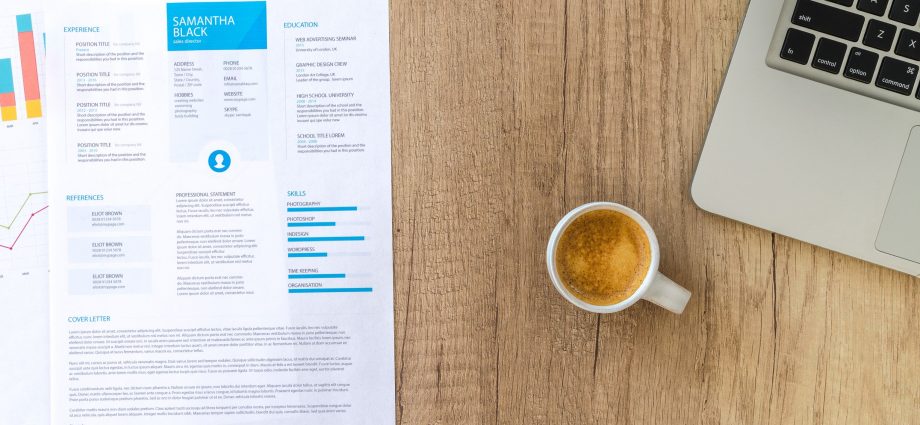Summary O2.1
This document proposes the design of the Virtual Learning Hub from the technical point of view. This Output is dedicated to designing, implementing and usability testing of an integrated Virtual Learning Hub for developing DSC using Online, Open & Flexible Higher Education Approaches and Practices.
The DSC Learning Hub Concept incorporates several components, services and technologies.
The design of the DSC VLH starts with the desired functionalities previously discussed in partner meetings and conferences, as well as with the existing IT and e-learning infrastructures of the partners, and their desired connections with the Hub.
Several solutions were investigated, most of them in the area of open-source Personal Learning Environments (PLE). Based on the adopted concept, we propose to use the open-source learning management system Moodle as the basis for the DSC Learning component, as well as, to some degree, for most of the other components.
The DSC LH Structure comprises the 13 courses developed as part of the curricula and syllabus.
The final concept development involved the integration of registration, privacy policies and adaptation of badges.
The concept was constantly evaluated against theDSC Guidelines with experts, evaluation from the project partners and with real users (students and teachers from higher education).
Download the full document O2.1 O2.1-Mapping-the-VLH-Concept.docxSummary 02.2
This document provides an overview of the technical development process behind the Digital Skills for Culture platform, integrated into the UniCampus Platform, which in turn is based on the popular open-source Learning Management System Moodle. It details the server specifications, the current versions of the operating system, middleware, LMS and addons, as well as the functionalities that they are providing. During the development of DigiCulture in the UniCampus environment we adapted more than 50 plugins including the 2 templates and 2 API’s developed specifically for the project.
The tools available on the platform are also analyzed from the point of view of their usefulness in creating the courses’ content and interactions, and any auxiliary processes involved (like course completion, badge and certificates issuing, re-engagement, etc.)
Download the full document O2.2 DigiCulture_O2.2-Technical-implementationSummary 02.4
The aim of this report is to provide details regarding the development and implementation of the mobile app dedicated to the DigiCulture courses. This meant updating and adapting the existing Unicampus mobile application, the app of the open-source Moodle based platform where the DigiCulture courses have been integrated. There were a total of 112 downloads of the app for iOS, 93% from iPhones and 7% from iPads. For Android there were a total of 200 new users that installed the app. Continuous development of the app was planned with updates based on usability evaluation, piloting analysis and technological improvements.
Download the full document O2.4 DigiCulture_O2_4_Technical-development-of-the-DSC-Mobile-AppsSummary 02.5
This document presents the initial usability evaluation of the DigiCulture MOOC platform, which was performed using a mix of user observation sessions, focus groups, questionnaires and error testing, with 26 participants, students undertaking a usability and interactivity graduate class, over a period of several months. It reports on the main findings of the evaluation, which found a score of 73 on the standard System Usability Scale, corresponding to a Good user experience on the adjective rating scale. Consequently, the document formulates some recommendations for improving the user experience of the Digiculture MOOC platform, which can be generalized to similar platforms. Additionally, it reports on the actions taken for the continuous update of the platform, such as the 9 video and text based user guides, in multiple languages. The final usability evaluation concluded that the user experience was enhanced to Excellent on the adjective rating scale of the System Usability Scale.
Download the full document O2.5 DigiCulture_O2.5_Usability-Evaluation-Report

